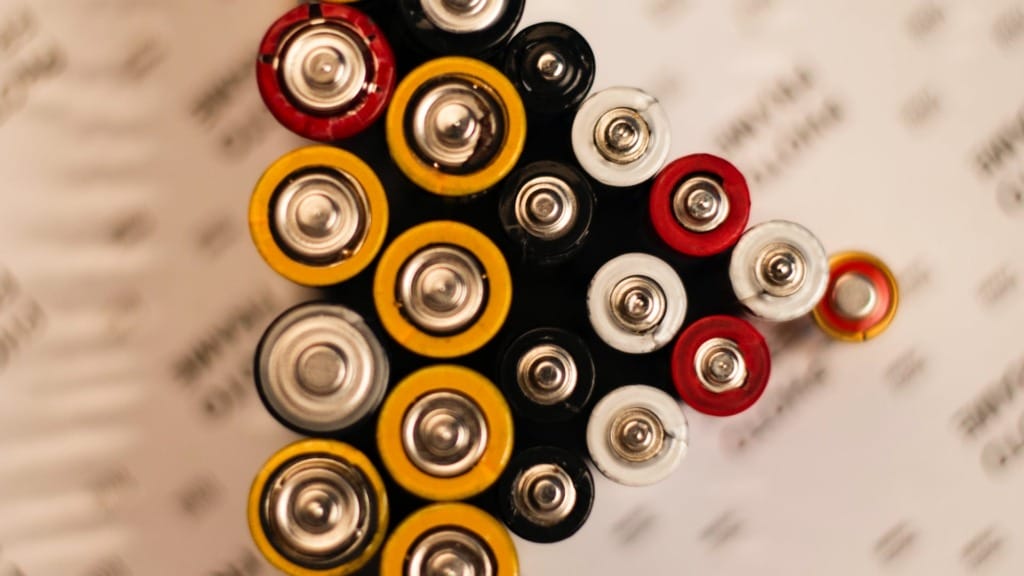Dutch startup LionVolt secures €15 million funding to propel solid-state battery innovation
Dutch startup LionVolt secures €15 million funding to propel solid-state battery innovation, aiming for faster and safer energy solutions.

As the global transition towards electrification gains momentum, the demand for advanced batteries that offer enhanced performance, safety, and sustainability has become increasingly pronounced. Stepping up to the challenge, Dutch startup LionVolt has secured a significant €15 million in funding to accelerate the production and development of its pioneering 3D solid-state batteries.
Table Of Content
Revolutionary battery technology
Originating from TNO’s Holst Centre in Eindhoven, Netherlands, LionVolt is at the forefront of revolutionizing battery technology. The company’s solid-state batteries deviate from the conventional lithium-ion paradigm by eliminating the liquid lithium component. Instead, LionVolt’s batteries feature a groundbreaking thin film comprising billions of solid pillars, resulting in a patented 3D architecture with an expansive surface area. This unique design significantly reduces ion travel distance, leading to faster charging and discharging rates. Moreover, using solid materials mitigates the risk of fire or explosion, a common concern associated with liquid lithium batteries.
Unprecedented performance metrics
According to LionVolt’s CEO and co-founder, Karl McGoldrick, the innovative battery design enables an unparalleled energy density of 450 Wh/kg, far surpassing conventional lithium batteries. Tesla’s current cells offer between 244 and 296 Wh/kg for comparison. LionVolt asserts that its batteries are not only 50% lighter but also deliver 200% better performance than the most advanced lithium-ion batteries available today. While the current applications include wearables, LionVolt aims to establish a gigafactory in Eindhoven to cater to the burgeoning electric vehicle (EV) market.

Strategic expansion and acquisition
Buoyed by the infusion of fresh equity funding, LionVolt is poised for accelerated growth. The recent acquisition of AMTE Power, a Scottish battery cell manufacturer, further strengthens LionVolt’s foothold in the industry. By repurposing AMTE Power’s facilities in Thurso, Scotland, LionVolt aims to upscale its production of solid-state battery technology, leveraging the acquired expertise to expedite time-to-market.
Sandeep Unnikrishnan, LionVolt’s Chief Technology Officer, describes the acquisition as a “dream scenario” for a deep tech company like theirs, facilitating the rapid advancement of their innovative 3D battery technology.
Driving European innovation
LionVolt’s recent achievements signify a significant stride in Europe’s quest to bolster its position in the global battery market. With the European Union (EU) prioritizing domestic EV and battery production, initiatives such as LionVolt’s are pivotal. By investing in novel technologies and fostering the growth of innovative startups, Europe aims to reduce its reliance on battery imports from countries like China and secure a competitive edge in the burgeoning electric vehicle industry.
As McGoldrick emphasizes, Europe’s willingness to embrace risk and invest in groundbreaking technologies is imperative for its future competitiveness. Failure to do so could result in Europe ceding its leadership in the battery market to other global players.
















